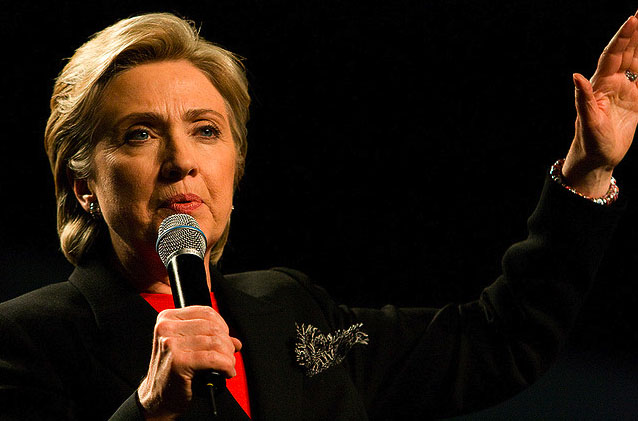The Department of State has denied a Freedom of Information Act request that environmental groups filed seeking a record of correspondence between Secretary of State Hillary Clinton and a former member of her campaign staff who is now lobbying for an international oil services company. The company is seeking approval from the State Department for a massive oil pipeline that would run from Canada to Texas.
Friends of the Earth, Corporate Ethics International and the Center for International Environmental Law submitted the request last month, seeking any communication between Clinton’s office and the top lobbyist for TransCanada, Paul Elliott, who served as her national deputy director during the 2008 campaign. The ties between the two have drawn scrutiny, as the State Department is in the process of deciding whether to approve TransCanada’s proposal for the Keystone XL pipeline. Clinton raised ire among environmental groups and some senators when she indicated last October that the pipeline would likely be approved despite the fact that the evaluation of the proposal is still underway.
The State Department’s rejection letter states that its request had “not reasonably described the records you seek in a way that someone familiar with Department records and programs could locate them.” Alex Moore, a campaigner at Friends of the Earth, called the rejection “absurd” and accused the agency of “delay tactics.” He said the groups would submit a retooled request. (The original FOIA request is here, and the rejection letter from State is here.)
Energy and Environment Daily reported Wednesday that Elliot registered as a lobbyist in December. But he didn’t officially register until three days after that FOIA request was submitted. Friends of the Earth pointed out, however, that his form lists lobbying on issues like the Waxman-Markey and Boxer-Kerry climate bills in the House and Senate, respectively. But by the time he actually registered, it was clear those bills weren’t going anywhere. That would seem to indicate that Elliot had been lobbying for months without filing the official disclosure form.













